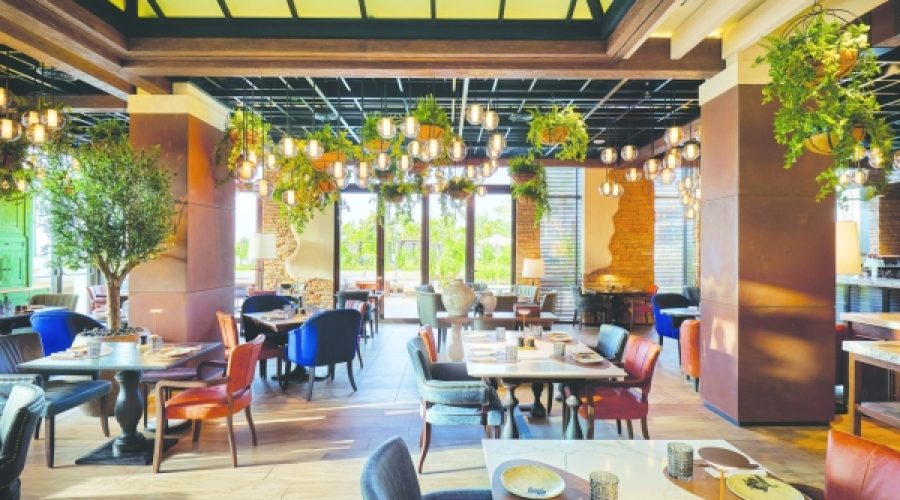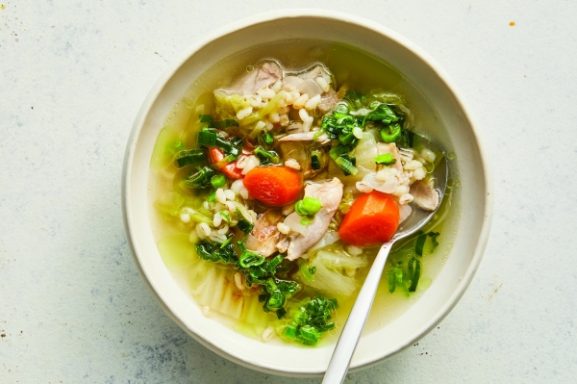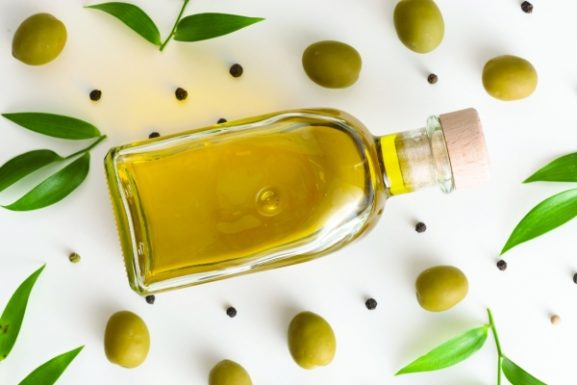Oman Ingredients Power Unique Portuguese-Italian Culinary Collaboration: What It Means for the Food Industry in Oman
In the dynamic world of gastronomy, diners are no longer satisfied with merely exotic flavors; they are increasingly seeking authenticity, quality, and a narrative behind each dish. This shift underscores the vital role that high-quality ingredients play in the success of restaurants, particularly those aspiring to or currently holding Michelin stars. The Michelin inspectors evaluate restaurants based on numerous factors, but the quality of ingredients often takes precedence, as exceptional produce is the cornerstone of outstanding culinary creations.
This trend towards ingredient-centered excellence has prompted chefs globally to pursue unique, premium ingredients to craft memorable, authentic, and innovative dishes. Notably, Oman is emerging as a key player in this culinary narrative, enriched by its bountiful waters, fertile land, and traditional harvesting practices. A recent collaboration hosted by Mandarin Oriental Muscat showcased this potential, blending Portuguese and Italian culinary traditions with top-notch Omani ingredients and positioning Oman prominently on the international gastronomic map.
The event featured a "four-hands" dinner with Chef José Barroso from Dubai’s Michelin-starred Tasca by José Avillez and Chef Davide Borin from Essenza. It was far more than a celebration of Mediterranean cuisine; it was a confirmation of Oman’s growing reputation as a source of remarkable culinary ingredients. The five-course menu elegantly fused Portuguese and Italian influences with local Omani produce, illustrating how Omani ingredients can transform simple dishes into extraordinary dining experiences worthy of global recognition.
The collaboration married two geographically close yet distinctive culinary traditions. Portuguese cuisine, with its deep-rooted love for seafood—such as salted cod, sardines, and shellfish—reflects the country’s maritime heritage. Its dishes often balance sweet, sour, and savory elements through ingredients like olive oil, garlic, citrus, and dried herbs.
In contrast, Italian cuisine emphasizes seasonal produce and regional diversity, where Northern Italy praises butter, rice, and cheeses, while Southern Italy favors bold and spicy dishes featuring seafood, underscoring its Mediterranean essence. The Italian culinary philosophy is centered on simplicity and the integrity of ingredients, allowing fresh items like tomatoes, basil, and olive oil to shine.
The event highlighted the seamless integration of these culinary philosophies, united by Oman’s exceptional ingredients—seafood, herbs, and spices that play a pivotal role in traditional dishes from both cuisines. Oman’s offerings were not just complementary but integral to the overall culinary experience.
Oman’s geographical location provides it with some of the world’s cleanest waters, yielding a variety of seafood—lobster, octopus, king prawns, sardines, and tuna—that are staples of local diets and sought after globally. The seafood from Oman is celebrated for its freshness and unique flavor due to sustainable harvesting practices employed by traditional fishing communities.
According to sources within the Omani food and beverage sector, seafood exports have been steadily climbing, reaching markets across Asia, Europe, and the Middle East. This has garnered attention from international chefs in search of premium ingredients, particularly for high-end dining that values authenticity and consistency.
Beyond seafood, Oman’s spice trade, historically centered around ports like Muscat, has also enriched its culinary landscape with aromatic herbs such as cardamom, cumin, and coriander. These locally sourced or imported spices enhance the complexity of dishes, further solidifying Oman’s status as an ingredient powerhouse.
The five-course menu served during the event exemplified Oman’s versatility, blending Portuguese seafood staples and Italian rustic traditions with Omani ingredients. Highlights included Omani lobster featured in the pasta dish “Allo Scoglio,” demonstrating how local seafood can elevate Mediterranean cuisine. The Wagyu Picanha, complemented by black beans and rice, elegantly integrated regional ingredients into a Portuguese comfort food classic.
Each dish not only showcased the uniqueness of Omani ingredients but also highlighted their crucial role in shaping the dish’s flavor profile and authenticity. The freshness of the local seafood brought a vibrancy unmatched by imported products, while homemade herbs and spices added intricate layers of taste.
The chefs expressed admiration for Oman’s produce, emphasizing the necessity of utilizing local ingredients to truly capture the essence of authenticity. For these chefs, working with Oman’s offerings represents a cultural journey.
This event was not merely about showcasing fine dining; it signified Oman’s rising stature as a regional hub for high-quality ingredients that can compete on the global stage. While the country has long been known for its natural beauty and hospitality, its culinary scene is now poised for international acclaim—provided there is continued investment in quality sourcing, sustainable practices, and culinary innovation.
As Oman aims to align itself with the elite of global gastronomy, it can capitalize on its freshwater resources, strategic geographic location, and traditional fishing techniques to enhance the production of export-quality ingredients. By establishing alliances with local farmers, fishermen, and artisanal producers, Oman can reframe its culinary image, akin to its Gulf neighbors, who are increasingly recognized as gastronomic hotspots.
The collaboration at Mandarin Oriental Muscat vividly illustrated that Oman’s ingredients possess the extraordinary potential to elevate even the finest global cuisines. From its pristine waters teeming with vibrant seafood to its aromatic spices cultivated along historic trade routes, Oman is a treasure trove of flavors that are both authentic and sophisticated.
Special Analysis by Omanet | Navigate Oman’s Market
The rising interest in ingredient-driven culinary excellence places Oman at a strategic advantage, as its high-quality local produce appeals to discerning chefs and global restaurants. This presents significant opportunities for businesses in the culinary sector to attract tourism and elevate Oman’s culinary profile. Smart investors should consider partnering with local producers to capitalize on this trend and enhance the country’s reputation as a premier source for authentic, high-quality ingredients.



